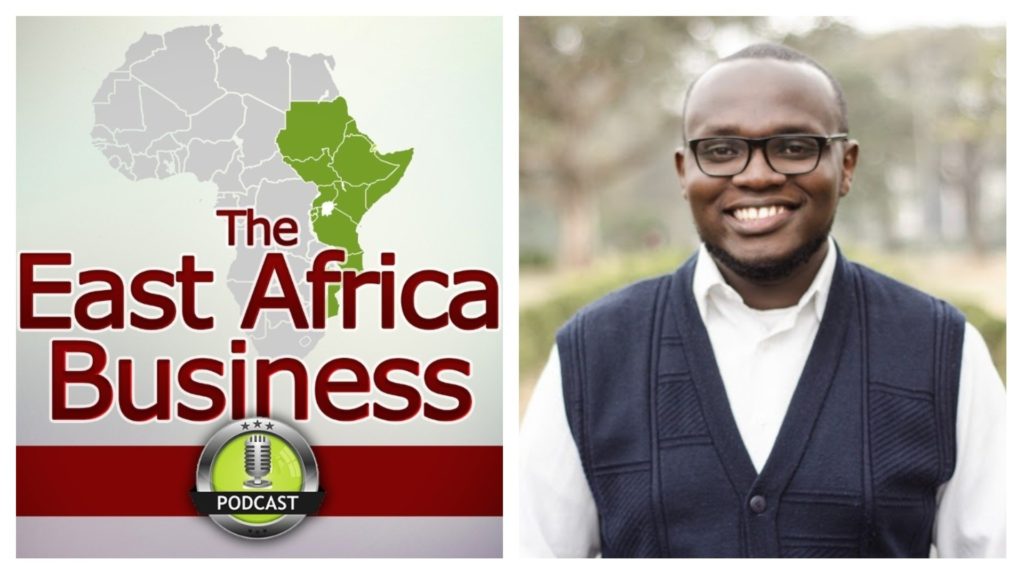Overview
Understanding your customers is an incredibly important aspect of any forward-thinking business.
In many developed markets there are reams of public data available to understand demographics, as well as established market insight companies who give a perspective on consumer tastes.
In Kenya, however, this was difficult. mSurvey was borne from a PhD student’s frustration at not being able to get such insights, and five years on the company is one of the region’s flagship start up success stories.
In this episode Sam Kamande, who is mSurvey’s Head of Data, and I discuss the many applications of their technology platform, how the fact that African consumers are very comfortable communicating via text message is good for their business, and the vision for utilising the big data they collect to give a holistic view on the African consumer.
This is a cracking episode, full of tid bits of information on the East African economy, doing business and generally the real impact of applying technology to an area that has been historically overlooked.
Sign up below to hear whenever there are new stories and episodes released on the podcast
I’m Chief Data Scientist
Helping clients get the most insights out of their data. After working in corporate life I returned to a role in mSurvey to help with the next phase of growth.
Supporting engagement between consumers and organisations
This is mSurvey’s core mission and what we are working towards. We’re giving a voice to customers who previously haven’t had the opportunity.
It was hard to get insights
The founder came to Kenya from the Caribbean for his PhD, and soon found that it was difficult to get insights from unconnected people. It’s been five years of solid growth.
In Kenya, sim card ownership is 120%
A lot of people have two different sim cards. One will be for voice, the other for data.
12 million interactions in Kenya
Coming straight from consumers. There’s a bit more in the Caribbean. Because some people are engaged twice, there are probably 11 million unique users.
80% of mobile usage in Africa is texting
Therefore there’s not much apprehension in responding with a mobile survey.
We’re replacing the feedback box
The typical use case is going to a bank and having customers give feedback via a text message after they’ve been there. This is part of how mSurvey has been able to engage 11 million, by partnering with large organisations and helping them get real-time feedback from their customers about their experience.
Real time feedback
The mSurvey product is called Voice of the Customer. This allows companies to get instant feedback from customers who pay via mobile money. When someone gives a bad rating the manager will be able to reach out by the time you’re back at the car. Conventionally this wouldn’t happen.
Net Promoter Score
This is one question which is asked: how likely are you to recommend us to a friend? It tracks customer loyalty and is a predictor of revenue. Tracking through mSurvey allows companies to measure this over time.
More and more companies take customer experience seriously
This leads to greater customer loyalty. Getting the NPS score is still relatively nascent in this part of the world.
Collecting data in Africa used to be expensive
We enable people to understand the market in a quick and efficient manner. mSurvey allows organisations to have a quick turnaround which can be used in conjunction with other market research.
Build a relationship
We don’t blast out messages to everyone. Our goal is to have a long lasting relationship with the 40,000 audience.
Segmenting the audience
We’re looking to grow the width and depth of our audience. We’ll do this by learning more about people through the conversations that we have. This comes about from interpreting the answers of the surveys and bringing together data points.
Provide the best understanding of the customer in Africa
This is the vision of mSurvey. This gets closer through the product Consumer Wallet which helps to understand how much is being spent by the Kenyan consumers. They understand the 10% of mobile money, what about the 90% in cash.
Average wallet size
Which is the average expenditure in Kenya, comes about through engaging the audience every day, and understanding how much they pay. From this we derive the measures and can segment it by gender, age and location.
Betting has become very significant
If you’re in the water business, your competitors are not other water companies. If the consumer is struggling they might decide to reduce their water consumption, and instead spend it on betting. Instead of buying one more beer for $2, instead I’ll spend it on betting. The bar has therefore lost out on that $2.
The reward is 20 cents
Consumers get paid this for responding to a question. It gets factored into the cost of the service delivery.
$5 per question
This is the rough cost for doing an audience on demand survey. The price comes down with volume. They’ll guarantee, say, 1,000 responses, and with a ~65% response rate they may send 1,400 conversations.
Customer experience
Biggest surprise? Businesses in Kenya are taking customer experience seriously. Even the government are treating their citizens as consumers. It gives consumers an avenue to keep organisations accountable, and that they’re taking this seriously.
Social Media Links etc.
Website: www.msurvey.co.ke
Sign up to our audience: send msurvey to (+254)0700040030
Request a demo: via the website
Java House: “Starbucks of Africa“
